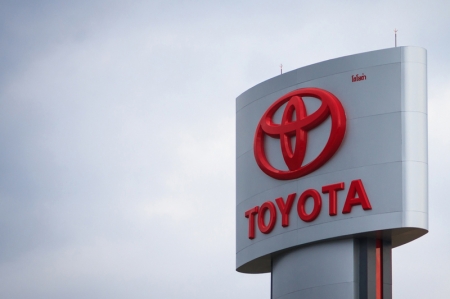Demonetization is all about taking away the value of certain currency notes to tackle problems like black money and counterfeit cash.
By pulling specific notes from circulation, the government shifts the economy towards greater transparency and accountability.
It’s a powerful tool that can reshape monetary habits and impact various sectors, making it crucial for maintaining a balanced and robust economic environment.
What is Demonetization?
Demonetization is when the government decides to take certain currency notes out of circulation, making them no longer valid as money.
This happens during changes in the national currency system. The old notes and coins are removed from everyday use, often replaced by new ones.
Sometimes, the change is so significant that an entirely new currency is introduced, replacing the old one completely.
This process is a way to refresh the financial system and adapt to evolving economic needs, impacting how money is handled in daily transactions.
How Demonetization Works
Demonetization happens when a government decides to shake up the currency scene by removing certain bills or coins from circulation.
The process begins with an official announcement, where the authorities declare specific currency units invalid for transactions. This move aims to tackle issues like counterfeit money, and black money or to transition towards a digital economy.
Banks play a crucial role by accepting old notes and exchanging them for new ones. People are encouraged to deposit their outdated currency into bank accounts within a set timeframe.
This changeover often includes the release of fresh currency designs or even entirely new denominations.
Demonetization shakes up cash flow to boost financial transparency and encourages people to try out different payment methods, changing the economic landscape.
Pros and Cons of Demonetization
There are both benefits and drawbacks of demonetization, which vary depending on the country’s unique circumstances.
Pros
- Eliminates counterfeit money from circulation, leading to a more secure financial system.
- Discourages illegal activities like tax evasion and money laundering.
- Encourages the adoption of digital payment methods, reducing reliance on physical cash.
Cons
- Can cause temporary disruption in daily transactions and businesses that rely heavily on cash flow.
- May negatively impact low-income individuals who have limited access to banking services or rely on cash for their livelihoods.
- Implementation costs can be significant, with potential economic repercussions if not executed effectively.
Real-Life Examples
- In 2016, India implemented demonetization of the 500 and 1000 rupee notes, affecting over 80% of the country’s currency in circulation. It aimed to combat corruption, black money, and tax evasion, but its impact on the economy was debatable.
- In 2015, Zimbabwe started using the USD as its official currency because hyperinflation made their own money practically worthless. This shift helped stabilize the economy, but it also created some challenges for low-income folks dealing with USD exchange rates.
Conclusion
Demonetization is a financial tool that can bring significant changes to a country’s economic landscape. While it has its pros and cons, it can be a useful tool when implemented thoughtfully and strategically. Individuals and businesses should be aware of the potential effects and adapt accordingly. In the end, a properly executed demonetization can help create a more transparent, efficient, and secure financial system.
Further questions
What's your question? Ask it in the discussion forum
Have an answer to the questions below? Post it here or in the forum




